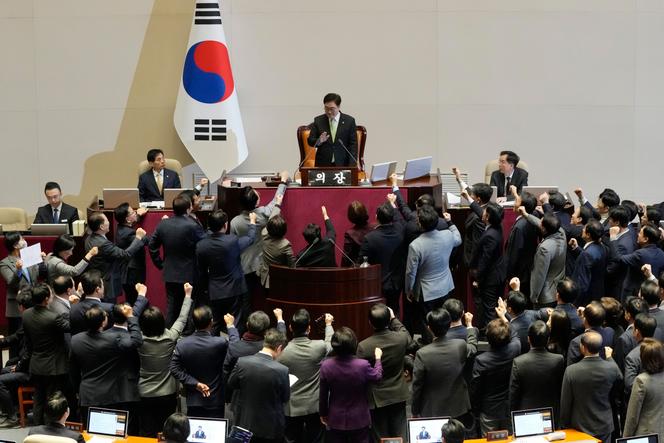


With the disputed vote by the National Assembly on Friday, December 27, to remove the interim president from office, and the delaying tactics of the already deposed president, Yoon Suk Yeol, South Korea is sinking further into a political crisis. The motion to suspend Han Duck-soo's powers was passed by the 192 opposition MPs. Prime Minister Han had been acting president since Yoon Suk Yeol was ousted after declaring martial law in the country on December 3. Finance Minister Choi Sang-mok will succeed him as the country's second acting president.
The Democratic opposition wanted Han to step down, accusing him of complicity in Yoon's coup, and on December 26 refused to approve the appointment of three judges, submitted by the National Assembly, to fill the vacant seats on the Constitutional Court. The Court, which must rule on the impeachment of Yoon and now on that of Han, can make decisions with the six judges currently sitting, but a quorum of seven judges is normally required.
The result of the National Assembly vote is being contested by the ruling People's Power Party (PPP). For the PPP, Han is president and any motion targeting him must be approved by two-thirds of the MPs, i.e. 200 of the 300 elected. MP and former prosecutor Joo Jin-woo points out that "the executive power of the incumbent president, not his legal status, determines the voting threshold, i.e. 200 votes."
You have 67.57% of this article left to read. The rest is for subscribers only.
